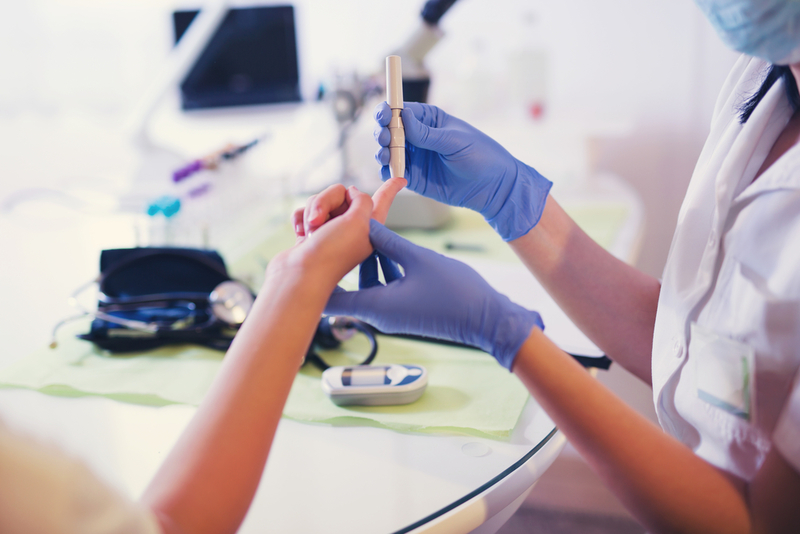Type 1 diabetes research reaffirms liraglutide benefits
University at Buffalo Jacobs School of Medicine Aug 02, 2018
A recent study led by an Indian researcher, Dr. Paresh Dandona has reaffirmed that adding liraglutide to insulin treatment for patients with type 1 diabetes provides health benefits.

It results in not only better blood sugar control but simultaneous improvements in blood pressure, body weight and the amount of insulin patients need to take. He reported the findings in June at the annual meeting of the American Diabetes Association in Orlando, Florida.
“In 2011, we reported a small study with 14 participants showing that adding liraglutide to the insulin regimen of well-controlled type 1 diabetes patients resulted in many benefits,” said Dandona, SUNY Distinguished Professor and chief of the Division of Endocrinology, Diabetes and Metabolism and senior author on the study. “Now we have completed a larger study that again demonstrates that adding liraglutide to the insulin regimen significantly benefits the type 1 diabetic patient.”
Lowered blood pressure, weight loss shown
The 52-week, randomized double-blinded, placebo-controlled clinical trial involved 26 men and women who received a daily injection of liraglutide and 20 who received placebo for 26 weeks. After that, the trial was unblinded and those who had the placebo were switched to the drug, while those on liraglutide continued to receive it. Participants ranged in age from 30 to 75.
Patients taking liraglutide saw 0.57% (from 7.9 to 7.45) reduction in their hemoglobin A1c—a measure of sugar in the blood—compared to a placebo. Patients taking the drug also needed a significantly lower dose of insulin. There was also a reduction in systolic blood pressure and weight loss averaging about 8 pounds over the duration of the study with liraglutide.
Dandona, who sees patients through UBMD Internal Medicine at the Diabetes-Endocrinology Center of Western New York, pointed out there was no significant increase in hypoglycemic episodes. Thus, liraglutide induced an improvement in diabetic control, along with a reduction in blood pressure and body weight without causing hypoglycemia.
The study was conducted at the Clinical Research Center—which is part of the Division of Endocrinology, Diabetes and Metabolism—and was funded by the National Institute of Diabetes and Digestive and Kidney Diseases.
Dandona’s co-authors in the Department of Medicine are:
- Manav Batra, MBBS, clinical assistant professor
- Ajay Chaudhuri, MD, clinical professor
- Husam A. Ghanim, PhD, research associate professor
- Kelly J. Green, research assistant
- Antoine Makdissi, MD, clinical associate professor
- The other co-authors are Nitesh D. Kuhadiya, MD; Jeanne M. Hejna and Tanvi Shah.
-
Exclusive Write-ups & Webinars by KOLs
-
Daily Quiz by specialty
-
Paid Market Research Surveys
-
Case discussions, News & Journals' summaries